Russia fines 7 nightclub attendees for ‘looking too gay’ in their choice of outfits
In a troubling development that has sparked global outrage, seven individuals in Russia were fined for what authorities described as “looking too gay” while attending a nightclub. The fines, which are being interpreted as a crackdown on LGBTQ+ expression, have raised serious concerns about the growing climate of intolerance and the erosion of civil liberties in the country.
The incident occurred in Moscow, where the attendees were reportedly wearing clothing and accessories that did not align with Russia’s conservative social norms, according to local authorities. The group, all of whom were allegedly targeted for their fashion choices, has been accused of “violating public decency” and “promoting nontraditional sexual relations.” While no further details have been made public about the specific nature of the outfits or accessories involved, the fines have drawn widespread condemnation from human rights advocates, LGBTQ+ groups, and international organizations.
The Nature of the Fines
According to reports, the seven individuals were subjected to fines of approximately 500 rubles (around $7 USD) each, a relatively small amount in monetary terms but a highly significant gesture when considered within the broader context of Russia’s ongoing suppression of LGBTQ+ rights. The fines were levied after police officers reportedly observed the group inside a Moscow nightclub and deemed their attire to be a form of “propaganda” that contradicted Russia’s stringent laws against LGBTQ+ representation.
The controversial “gay propaganda” law, enacted in 2013, bans the promotion of LGBTQ+ rights and visibility to minors and places significant restrictions on LGBTQ+ media, events, and public gatherings. While the law’s main target has been public advocacy for LGBTQ+ issues, its vague and broad language has led to the criminalization of a variety of LGBTQ+ expressions, including clothing, behavior, and speech. Critics argue that this law has been used to justify harassment, discrimination, and legal actions against people simply for expressing their sexual orientation or gender identity in public.
This latest incident reflects the escalating climate of intolerance in Russia, where LGBTQ+ individuals face increasing levels of discrimination, violence, and legal challenges. The act of fining people for their fashion choices—essentially for “looking too gay”—has ignited debates on freedom of expression, personal rights, and the social and political environment in Russia.
Public Backlash and International Reactions
The fines have prompted a swift and intense backlash from human rights organizations and LGBTQ+ activists. Many have condemned Russia’s actions as discriminatory and a violation of basic human rights. The European Union, the United Nations, and various human rights advocacy groups have all voiced concerns about the incident, calling for an immediate end to such practices and the repeal of laws that criminalize LGBTQ+ expression.
Amnesty International and Human Rights Watch have both released statements denouncing the fines as “yet another example of Russia’s crackdown on the LGBTQ+ community.” Human Rights Watch also pointed out that these actions serve to further isolate LGBTQ+ individuals and contribute to an environment where people feel unsafe simply for being themselves.
Local LGBTQ+ activists in Russia have also raised their voices in opposition, noting that such actions fuel an already hostile environment for LGBTQ+ people. Many have expressed fear that this incident marks the beginning of further state-sponsored efforts to stigmatize and suppress the LGBTQ+ community.
In contrast, some in Russia have supported the actions of the authorities, framing the law as a means of protecting traditional family values and protecting children from what they see as harmful influences. However, this viewpoint has been sharply criticized for disregarding the rights and freedoms of LGBTQ+ individuals and for promoting intolerance.
The Broader Implications for LGBTQ+ Rights in Russia
This incident is part of a troubling trend in Russia, where LGBTQ+ individuals are increasingly finding themselves marginalized by state and societal forces. While same-sex sexual activity has been decriminalized in Russia since 1993, LGBTQ+ people continue to face widespread discrimination, harassment, and violence. The government’s position on LGBTQ+ rights is starkly conservative, with lawmakers and officials continuing to push for policies that limit the visibility and rights of the LGBTQ+ community.
The “gay propaganda” law remains one of the most contentious aspects of Russia’s approach to LGBTQ+ issues. Critics argue that the law has been used as a tool to harass LGBTQ+ people, silence their voices, and eliminate public spaces where they can express themselves freely. The law’s vagueness means that it can be applied to nearly any act or expression that is deemed to promote LGBTQ+ identities or relationships, leading to broad interpretations and uneven enforcement. For example, it has been used to shut down pride events, ban LGBTQ+ media content, and prevent LGBTQ+ public figures from speaking out.
The latest actions in Moscow underscore the growing vulnerability of the LGBTQ+ community in Russia, as both public attitudes and government policies shift toward greater repression. The decision to fine individuals based on their attire further illustrates the extent to which Russian authorities are willing to intervene in personal expression and target those who do not conform to rigid, heteronormative expectations.
The Role of Social Media and International Advocacy
In the age of social media, incidents like these are quickly amplified across the globe, leading to widespread condemnation and calls for action. As news of the fines spread online, the incident sparked widespread outrage among global LGBTQ+ communities and allies, with many expressing solidarity with those affected.
Activists around the world are now calling for greater international pressure on Russia to improve the human rights situation for LGBTQ+ individuals. Several LGBTQ+ organizations have launched petitions, raised funds for legal support, and organized protests in various countries to raise awareness about the ongoing discrimination faced by the Russian LGBTQ+ community.
International political leaders have also weighed in, with some condemning the fines and calling on Russia to end its discriminatory policies. However, given Russia’s often defiant stance against international criticism, it remains unclear whether such calls will lead to meaningful change within the country.
Looking Ahead: The Fight for LGBTQ+ Rights in Russia
While incidents like the nightclub fines serve as harsh reminders of the challenges faced by LGBTQ+ individuals in Russia, they also highlight the resilience of the global LGBTQ+ movement. The international backlash to the incident demonstrates that the fight for LGBTQ+ rights is not confined to any one country or region but is a global struggle for equality, dignity, and freedom.
In Russia, LGBTQ+ activists continue to work tirelessly to create safer spaces, advocate for policy change, and provide support for those who face discrimination. While their efforts are often met with resistance from both the government and certain segments of the public, their courage in the face of adversity is a testament to the ongoing fight for justice.
In conclusion, the incident in Moscow, where individuals were fined for “looking too gay,” is part of a troubling pattern of increasing repression and discrimination against the LGBTQ+ community in Russia. This action has drawn global condemnation and highlights the ongoing struggle for LGBTQ+ rights in the country. As the international community continues to stand in solidarity with Russia’s LGBTQ+ individuals, the pressure for reform will only grow. Until then, the fight for acceptance and equality in Russia remains an uphill battle, with LGBTQ+ individuals continuing to face threats to their basic freedoms and rights.
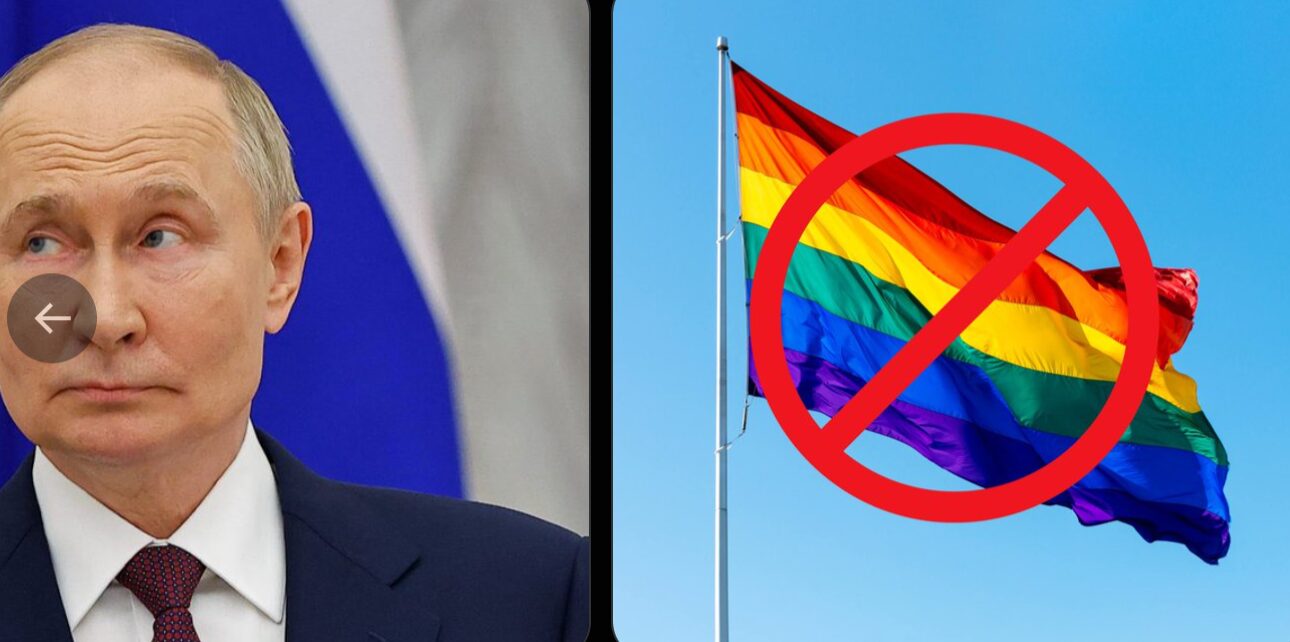

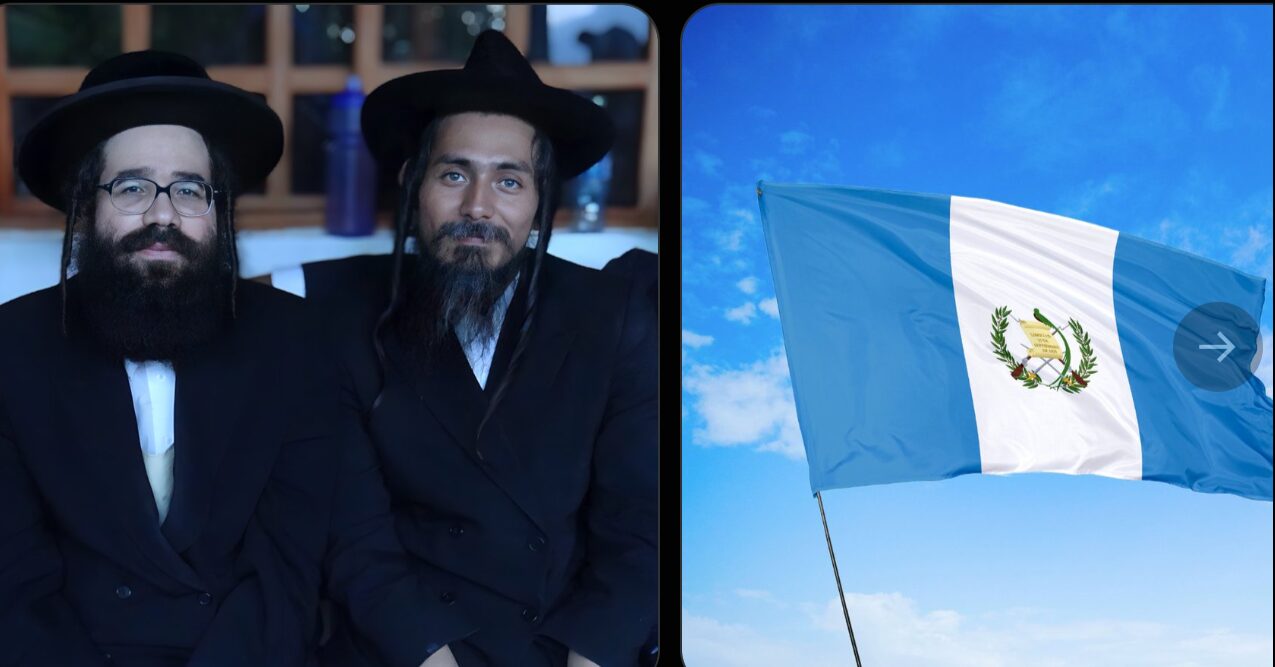


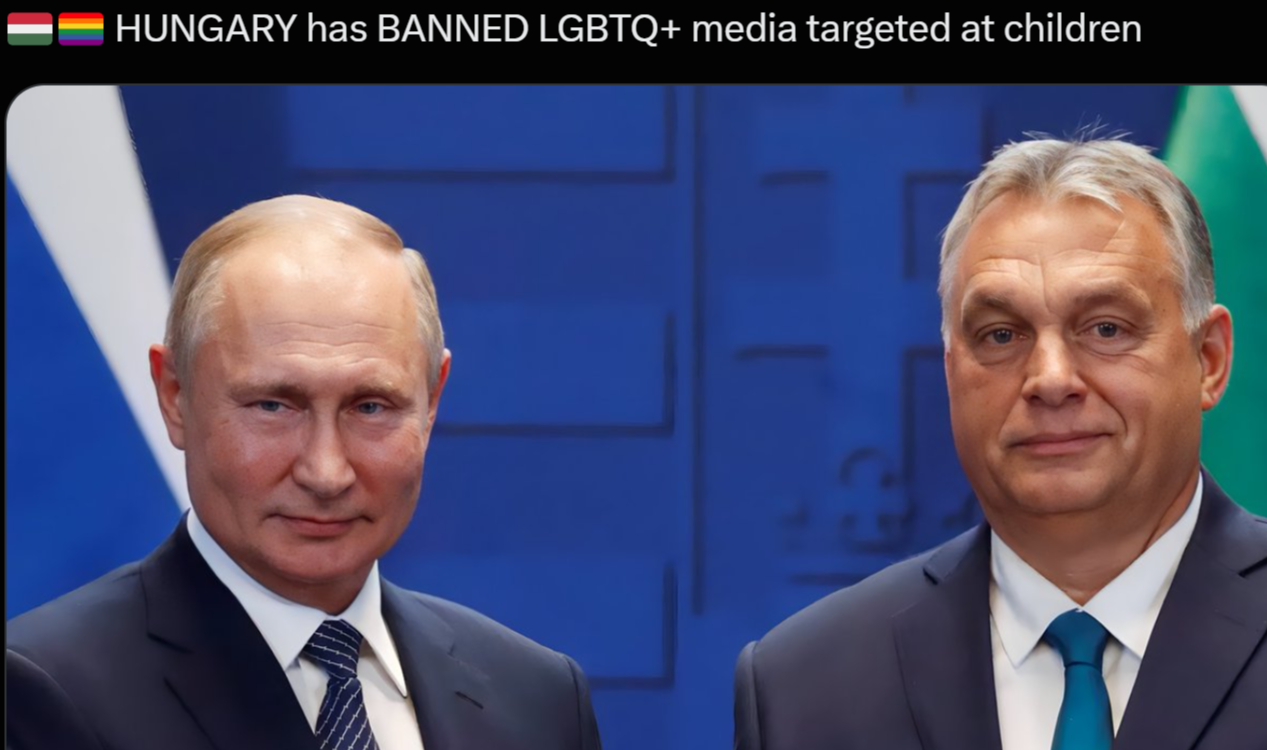
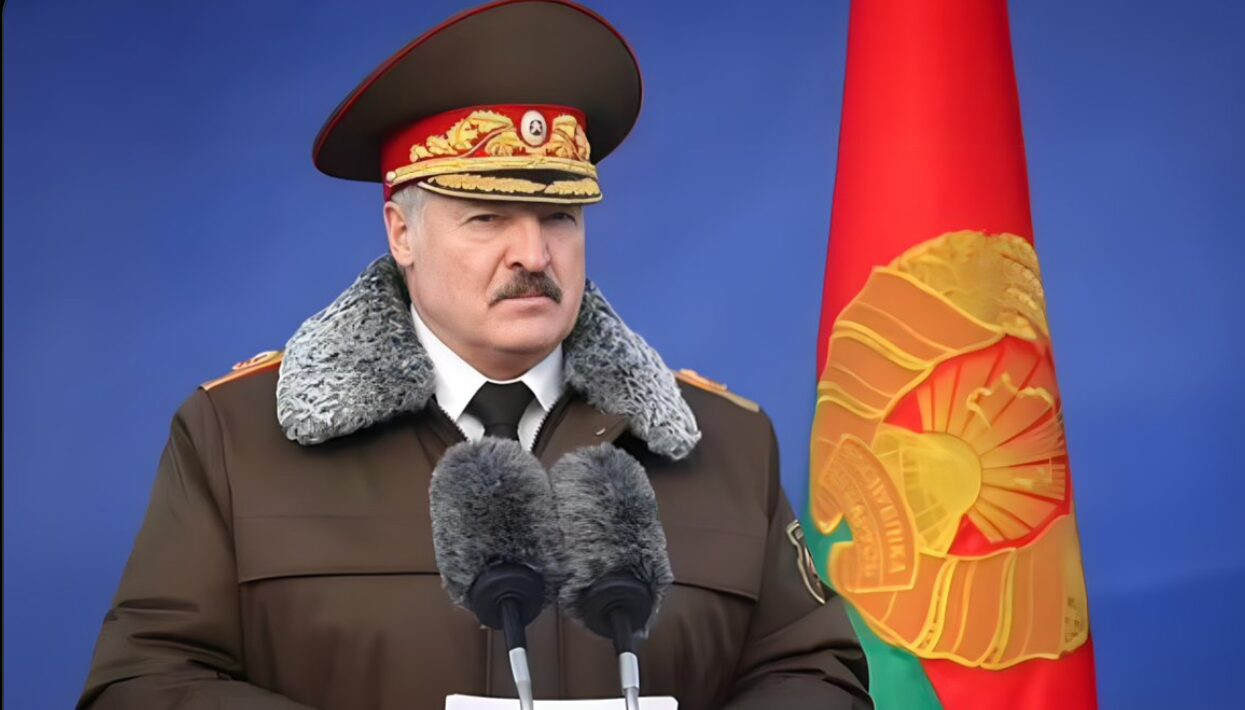

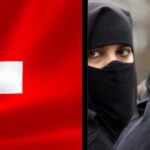








Post Comment